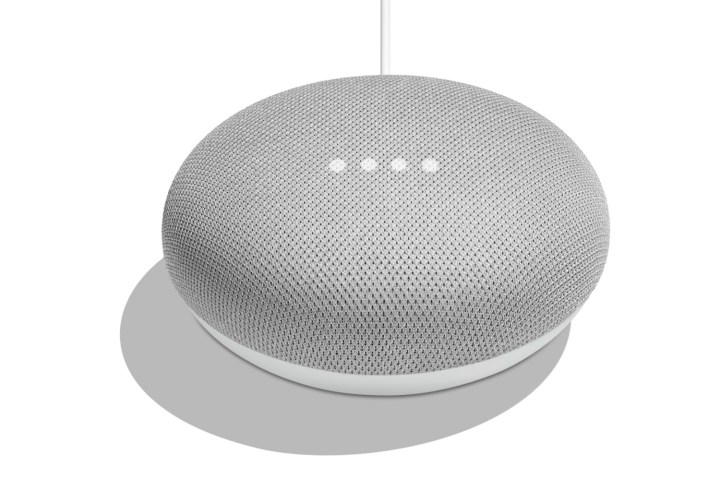
McAfee released its latest Mobile Threat Report at the 2019 Mobile World Congress (MWC) and with it came some startling revelations about 2018 and at least one particularly unsettling prediction about the malware attacks to come in 2019.
According to TechRadar, the computer security software company reported that the number of threats against Internet of Things gadgets and mobile devices increased quickly in 2018. The types of threats addressed in the report included banking Trojans, malicious crypto mining apps, mobile backdoors, and the development of fake apps.
McAfee’s 2019 Mobile Threat Report mentioned that banking Trojans experienced “a 2x increase” from June to September 2018. Banking Trojans are essentially malware that looks like a legitimate banking app in order to steal customers’ sensitive financial information. The report also notes that the functionality of this type of malware is growing more sophisticated, and can also include things like “keylogging and other spyware jobs.”
The development of malicious crypto mining apps has also increased. Over 600 malicious crypto apps were detected among 20 app stores.
The biggest increase in malware threats, however, seems to have come from the development of fake apps. The number of fake apps increased a whopping 550 percent from 10,000 fakes in June to about 65,000 fake apps in December. Fake apps are a form of mobile malware in which the app imitates popular apps in order to get unsuspecting app users to download them. The apps are usually used to generate revenue by displaying unwanted ads and redirecting users to download more apps.
In addition to the report’s findings on the malware threats of 2018, McAfee also offered up an unsettling prediction of 2019’s upcoming threats. In fact, McAfee declared that 2019 is the “year of everywhere malware.”
The worrisome tagline is in reference to McAfee’s prediction that we should expect malware attack from pretty much all of the everyday tech we use, even today’s trendy voice assistant gadgets.
McAfee expects malware attacks on IoT gadgets to occur because they are so popular, noting that “over 25 million voice assistants or smart speakers are already in use,” which means they would be a particularly lucrative target for hackers. According to the report, the main vulnerability IoT gadgets have to malware is the general lack of or limited security features that are included. Bearing that in mind, that would mean such gadgets (like voice assistants) are open to things like having their microphones, streams or access to the rest of the user’s network exploited by malware attacks for spying or to perform unnecessary or malicious actions.


